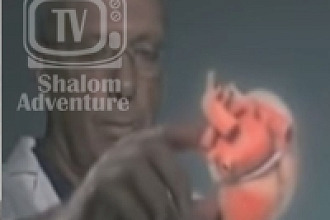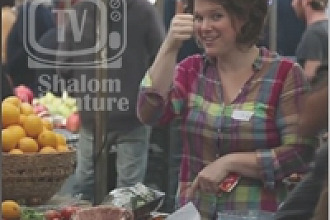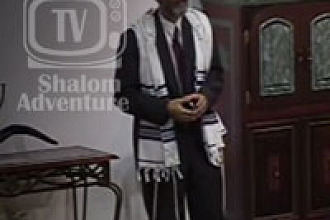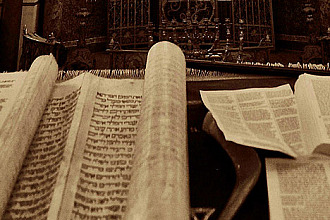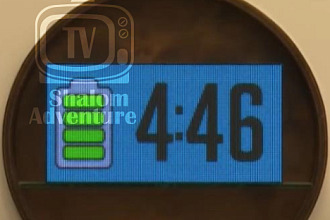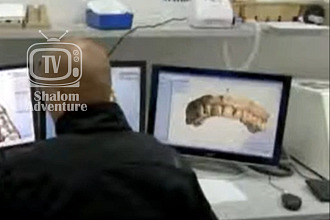In a landmark decision, that is still relevant and still impacts us today, the nation's highest court ruled that government cannot question a religious community's decisions regarding who should teach in its church-run schools.
The unanimous ruling clarifies the role of the "ministerial exception," which has previously protected churches in the U.S. from undue government and court interference, said Todd McFarland.
While lower courts have applied the ministerial exception for decades, this latest ruling marks the first time the Supreme Court has tackled it.
The January 11 ruling dismisses the retaliation suit of a Lutheran schoolteacher in Michigan. Commissioned minister and teacher Cheryl Perich was fired after a 2004 narcolepsy diagnosis allegedly left her unable to perform her job. Hosanna-Tabor Evangelical Lutheran Church argued that Perich's illness and ensuing absences strained the school's limited staff and budget.
Perich, however, claimed the church was violating the Americans with Disabilities Act and threatened to file a complaint with the U.S. Equal Employment Opportunity Commission (EEOC). After the Lutheran Church accused Perich of violating the church's doctrine of internal conflict resolution, the EEOC sued Hosanna-Tabor for penalizing Perich's exercise of her rights under the law.
The U.S. 6th Circuit Court of Appeals was convinced, too, after adding up the minutes per day Perich spent on secular and religious duties. They determined Perich spent 45 minutes per day conducting religious activities, such as leading prayer and worship -- not enough to apply the "ministerial exception" to discrimination laws, they ruled.
Applying the exception means courts can't meddle in a church's decision to appoint, elect or fire "ministers of the faith," and, in turn, those ministers can't sue their churches over most employment disputes.
The nation's highest court saw the case differently. Supreme Court justices cited Perich's ministerial credentials and housing allowance from the church as evidence she acted as a minister of faith. Justices also noted that limiting the ministerial exception to employees "who perform exclusively religious functions" may be impossible, since even ministers handle financial matters, facilities management and other secular duties.
"The exception should apply to any 'employee' who leads a religious organization, conducts worship services or important religious ceremonies or rituals, or serves as a messenger or teacher of its faith," Justice Samuel Alito Jr. wrote in a concurring opinion with Justice Elena Kagan.
"The argument that somehow the court can sort out whether a decision is religiously motivated or not is precisely the type of entanglement that requires a separation of church and state," McFarland said.


